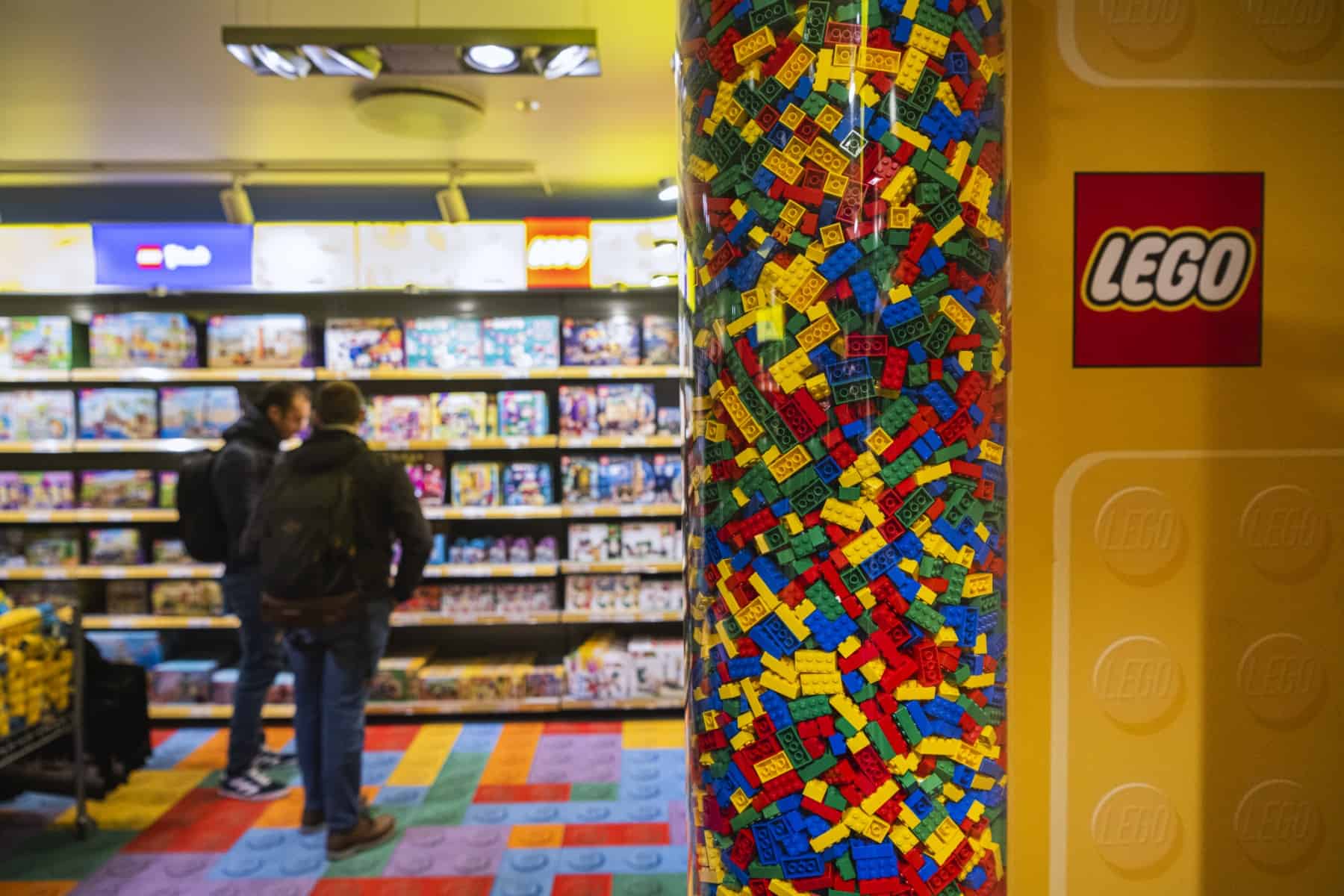Copenhagen, Denmark — Lego, the world’s number one toymaker, expects to continue to gain market share after reporting rising revenue and profits last year despite inflationary headwinds, the company’s CEO told AFP Tuesday.
For 2022, net profit at the Danish firm rose four percent to a record 13.8 billion kroner ($1.98 billion) while sales also touched record heights in jumping 17 percent to 64.6 billion kroner.
The company noted in its annual report that “these results were delivered despite extraordinary inflationary pressures on materials, freight and energy costs.”
“We do expect with our investments to continue to take market shares,” the group’s chief executive Niels Christiansen told AFP in an interview.
According to Christiansen, strategic investments in diversification of their game offerings, sales, digitalization and sustainability have allowed the company “to continue to take market share and that’s why we can grow in a market that’s not growing.”
Excluding currency effects, the sales gain was 11 percent. The privately-held company did not provide unit sales.
The firm — in which the Lego founder’s family holding company Kirkbi owns 75 percent with the rest held by the Lego Foundation — said sales improved in all markets and its market share grew globally.
The brickmaker has made progress where the industry has struggled, and worldwide, toy sales were down one percent, the Danish company said.
“The brand is hot, the portfolio is super exciting. I think that’s what helps us to grow in a difficult market,” Christansen said.
Looking forward, Christiansen said he expected things to continue upwards, although at a reduced pace, compared to the 17 percent sales growth recorded in 2022.
“We believe it’s more like single digit or high single digit,” the CEO said.
The company has seen continued success in the last two years even after no longer enjoying a boost from lockdowns keeping people at home, so far withstanding pressure from inflation and slowing economies.
It has been buoyed both by sets based on franchises such as Star Wars and Harry Potter as well as home-grown hits like Lego Friends and Lego Technic.
Lego, which has completely withdrawn from Russia following Moscow’s invasion of Ukraine, has continued its strategy of opening more stores, with 155 new shops opened during the year, bringing the number of shops worldwide to 904.
Lego, which employs some 27,000 people, has also been making major investments to reduce the climate impact of its products and operations, including by manufacturing closer to consumers.
The group has just opened a carbon-neutral factory in Vietnam, joining already established ones in Hungary, the Czech Republic, Mexico, China and Denmark.
A new factory is also being constructed in the United States.







